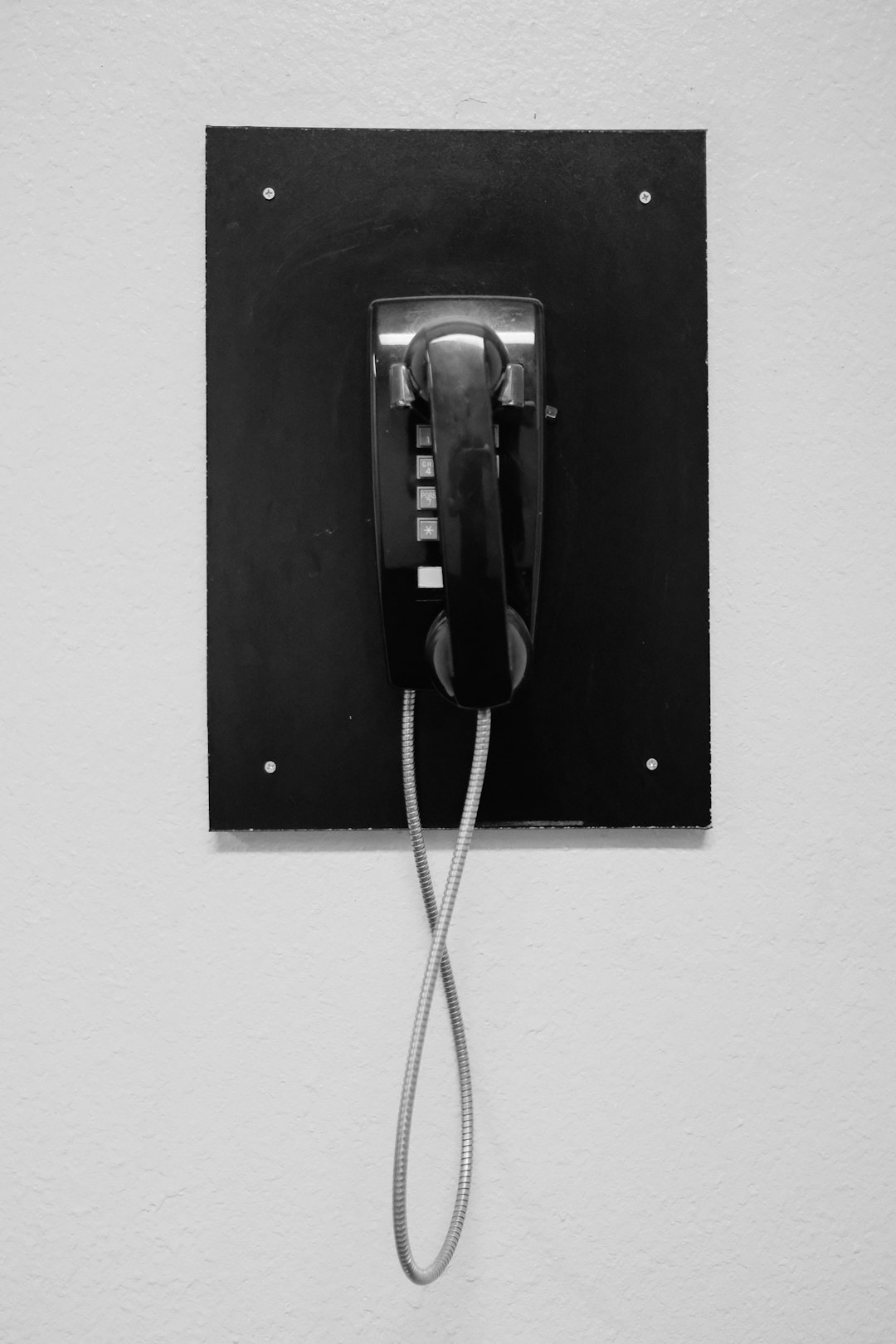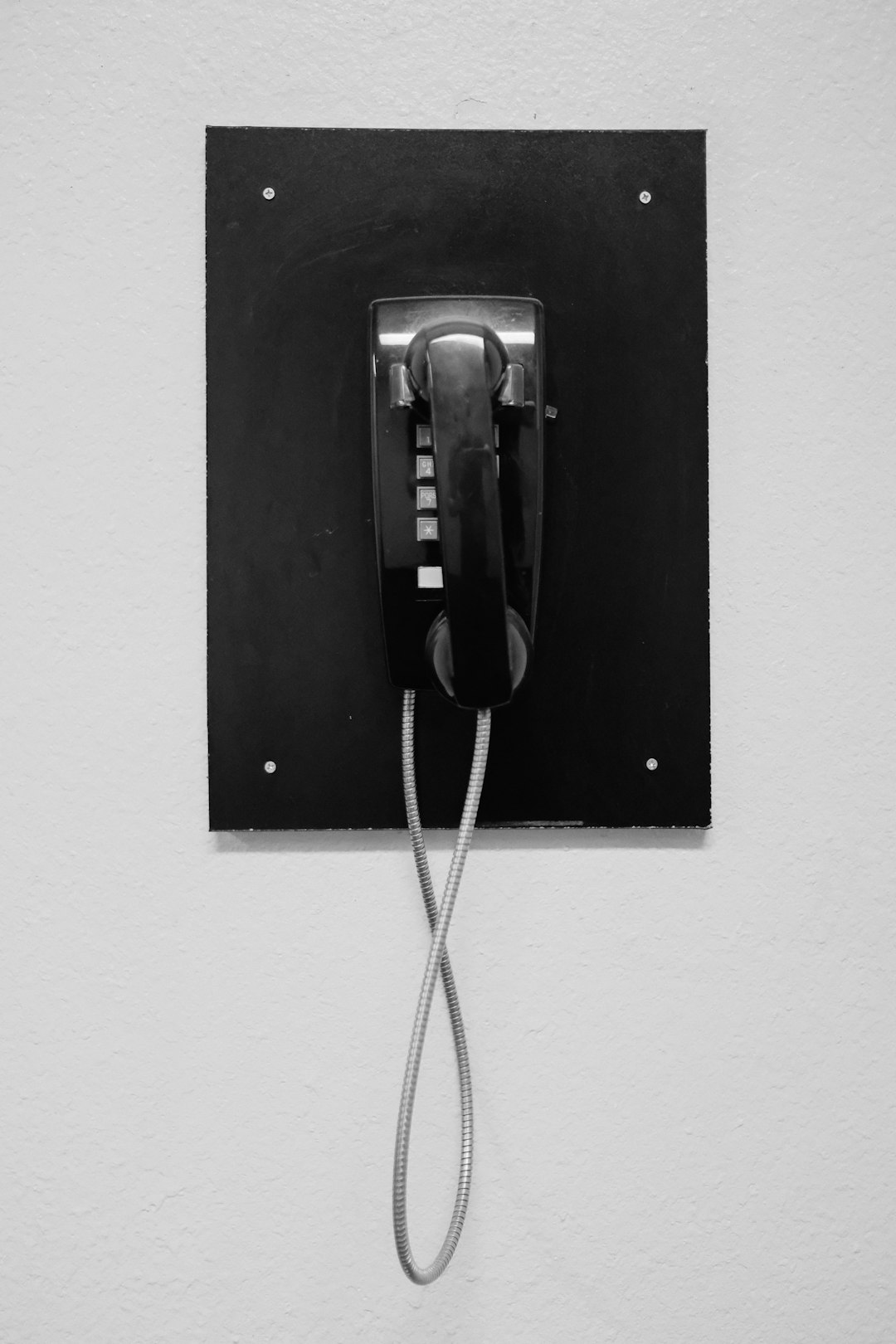In North Carolina, strict TCPA laws protect residents from intrusive 'robocalls' by requiring businesses to obtain prior consent for automated telemarketing. While blocking numbers and registering for Do Not Call lists offer temporary relief, consulting with a robocall lawyer is crucial for understanding rights and exploring legal options against violators like the FCC or NC Department of Justice. Documenting call details and filing complaints with relevant agencies, including the FTC or state attorney general's office, are effective steps to stop unwanted calls and potentially set precedents.
Tired of unwanted telemarketing texts? You’re not alone. In North Carolina, robust laws protect you from robocalls. This guide navigates your rights and offers practical steps to stop them effectively. Learn how to identify and block these annoying messages, explore legal actions available against persistent robocallers, and discover the best strategies for protecting your privacy. If you’ve been a victim, consult with a local robocall Lawyer North Carolina for expert advice.
Understanding Robocall Laws in North Carolina

In North Carolina, just like in many other states, there are strict laws governing automated telemarketing calls, commonly known as robocalls. These laws are designed to protect residents from unwanted and intrusive marketing practices. Understanding these regulations is crucial for both consumers and businesses alike. A robocall lawyer in North Carolina can offer valuable insights into the legal framework surrounding these automated messages.
The Telephone Consumer Protection Act (TCPA) sets guidelines on how businesses can use automatic dialing systems or prerecorded messages to contact individuals. It restricts the use of such technology for telemarketing purposes without prior express consent from the recipient. Consumers in North Carolina have the right to opt-out of these calls, and any violation of this can result in legal consequences for the offending companies.
Identifying and Stopping Telemarketing Texts

In today’s digital age, identifying and stopping unwanted telemarketing texts has become easier for residents of North Carolina. The first step is to be aware of what constitutes a robocall—an automated, pre-recorded message sent in bulk via text. Once you’ve recognized a potential robocall, there are several actions you can take. Engaging with the sender or blocking their number might provide temporary relief, but dedicated legal measures offer a more sustainable solution. Consulting with a robocall lawyer in North Carolina is an effective way to understand your rights and explore legal options to stop these intrusive messages.
North Carolina has laws in place to protect residents from unwanted telemarketing practices. By registering your number on the state’s Do Not Call list, you can significantly reduce the volume of promotional texts you receive. Additionally, many phone carriers offer tools to block or filter such messages. Combining these technical solutions with legal advice can empower North Carolina residents to take control of their communication channels and find lasting peace from intrusive telemarketing activities.
Legal Actions Against Robocallers

In North Carolina, as in many states, automated telemarketing calls, or robocalls, are subject to strict regulations aimed at protecting consumers from unsolicited and unwanted contact. If you’ve been plagued by persistent robocallers, it’s important to know that legal actions can be taken against these companies. A robocall lawyer in North Carolina can guide you through the process of filing a complaint with regulatory bodies like the Federal Communications Commission (FCC) or the North Carolina Department of Justice. These agencies have powers to investigate and penalize violators, including issuing fines and requiring them to stop contacting residents.
Consuming legal action doesn’t always involve a lengthy court battle. Many robocall lawyers in North Carolina offer efficient and cost-effective solutions, such as negotiating with the telemarketers or pursuing administrative remedies. By taking these steps, you can not only stop the deluge of unwanted calls but also set a precedent to deter other companies from engaging in similar practices. Remember, understanding your rights and knowing when to seek legal counsel is crucial in navigating this modern-day issue.
Protecting Your Rights: What to Do Next

If you’re receiving unwanted telemarketing texts in North Carolina, know that you have rights and options to stop them. The first step is to document the calls, including the sender’s number, any keypress responses you made (if applicable), and the date and time of each call. This information will be valuable if you decide to take legal action.
Consider hiring a robocall lawyer in North Carolina who specializes in consumer protection law. They can guide you through the process of filing a complaint with the Federal Trade Commission (FTC) or your state’s attorney general’s office. These agencies have the power to investigate and penalize companies engaging in illegal telemarketing practices. Additionally, your lawyer can help you send cease-and-desist letters to the offenders, demanding they stop contacting you immediately.






